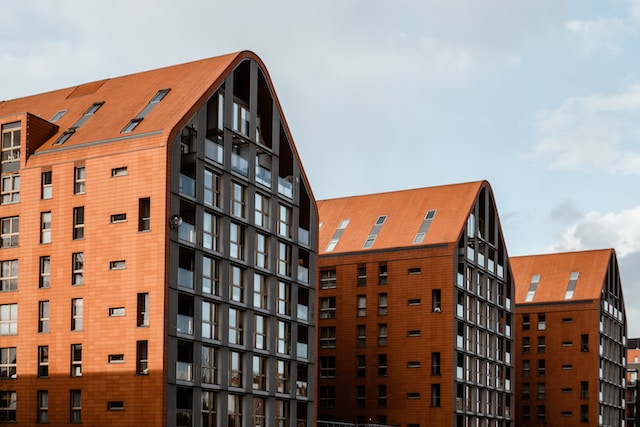
In an ever-evolving landscape where technology plays a pivotal role in shaping industries, the realm of commercial real estate is no exception. Commercial real estate managers and developers are increasingly turning to advanced security technology to safeguard their properties, tenants, and investments. In this blog post, we will delve into some of the latest security tools and technologies that are revolutionizing the way commercial real estate is protected.
Smart Surveillance Systems
Traditional CCTV cameras are being replaced by smart surveillance systems equipped with artificial intelligence (AI) capabilities. These systems go beyond mere video recording; they can analyze footage in real-time to detect unusual activities or potential security threats. Facial recognition technology is also being integrated, providing an extra layer of identity verification for access control.
Bradley Ransome explains that smart surveillance systems not only enhance security but also contribute to operational efficiency. They can monitor foot traffic, analyze patterns, and provide valuable insights for optimizing space utilization and resource allocation.
Access Control Solutions
Access control has undergone a significant transformation with the introduction of state-of-the-art solutions. Biometric access, such as fingerprint or retina scanning, is becoming more commonplace, offering a secure and convenient way to manage entry points. Mobile-based access control systems allow for seamless and contactless entry, reducing the reliance on physical keys or access cards.
Moreover, access control systems can be integrated with other building management systems, creating a centralized platform for monitoring and controlling various aspects of security.
IoT-Based Sensors
The Internet of Things (IoT) has paved the way for a network of interconnected sensors that can detect and respond to various security threats. These sensors can monitor environmental conditions, such as changes in temperature, humidity, or even the presence of smoke. In addition, motion sensors and door/window sensors contribute to comprehensive security coverage.
The real-time data collected by these sensors can be analyzed to identify anomalies, triggering immediate alerts or automated responses. This level of responsiveness is crucial in preventing security breaches or addressing them promptly.
Drone Surveillance
Commercial real estate spans vast areas, making traditional surveillance challenging. Drone technology has emerged as a game-changer in this regard. Drones equipped with high-resolution cameras and thermal imaging capabilities can conduct aerial surveillance, providing a bird’s eye view of the entire property.
Drone surveillance is particularly effective for large-scale developments, construction sites, or properties with expansive landscapes. It enhances situational awareness and enables security personnel to respond quickly to potential threats.
Blockchain for Data Security
The use of blockchain technology is not limited to cryptocurrencies; it is finding applications in data security within the commercial real estate sector. Blockchain ensures the integrity and immutability of data, making it tamper-proof. Property records, lease agreements, and other sensitive information can be securely stored on a blockchain, reducing the risk of data breaches or unauthorized alterations.
Emergency Response Automation
In the event of an emergency, quick and coordinated responses are crucial. Automation technologies are being employed to streamline emergency response procedures. Automated systems can initiate lockdown protocols, alert emergency services, and provide real-time updates to building occupants.
Integration with communication platforms ensures that critical information reaches the right individuals promptly. This not only enhances security but also contributes to the overall safety and well-being of everyone within the commercial property.
In conclusion, the adoption of advanced security technology is transforming the landscape of commercial real estate. These innovative tools not only fortify physical security but also contribute to operational efficiency and risk management. As the industry continues to embrace these advancements, the future of commercial real estate security looks promising, providing a safe and secure environment for businesses and individuals alike.